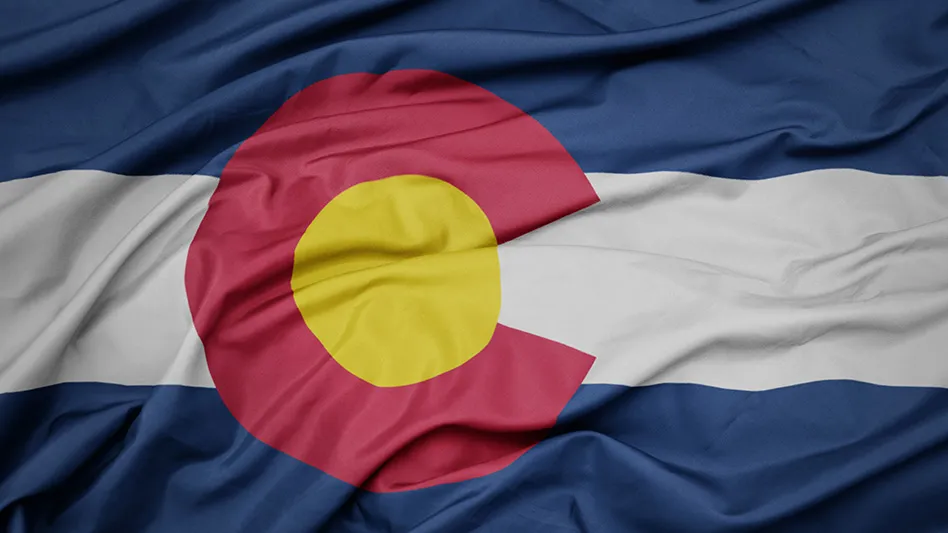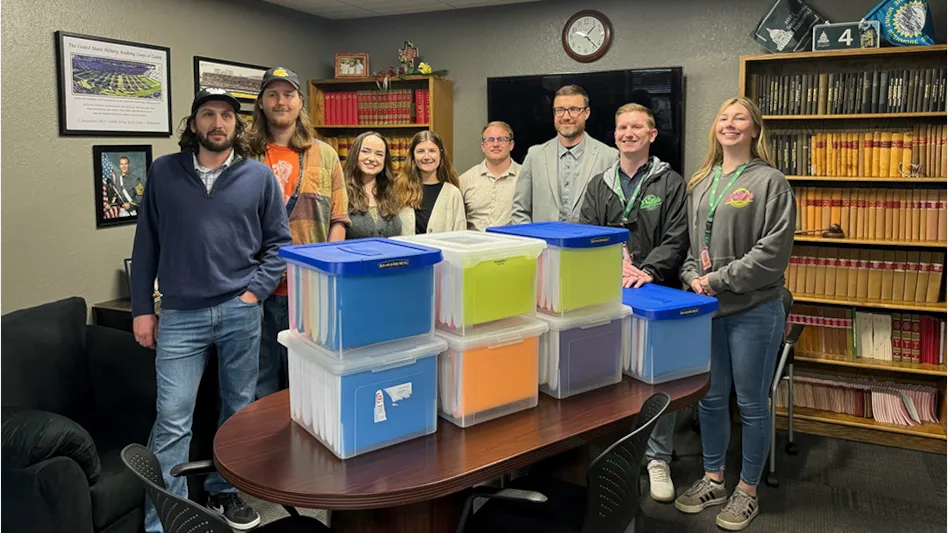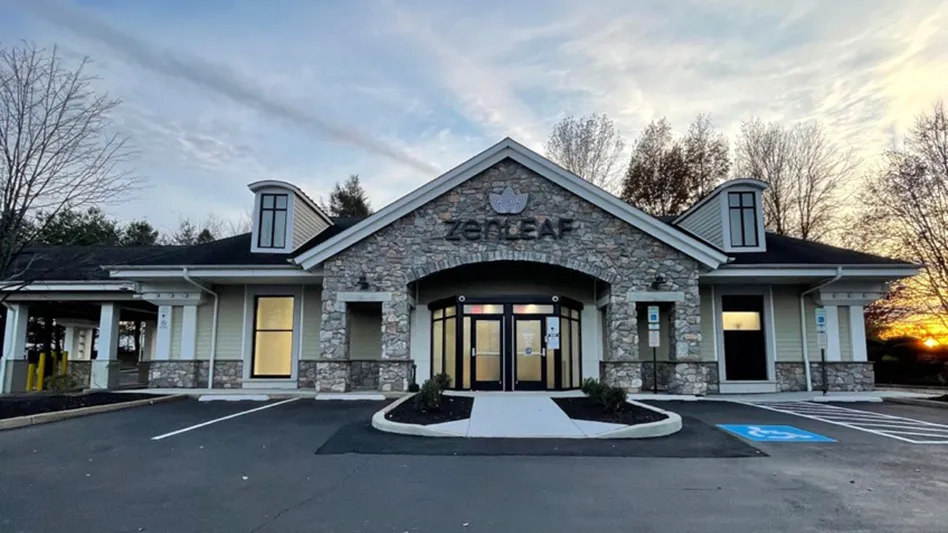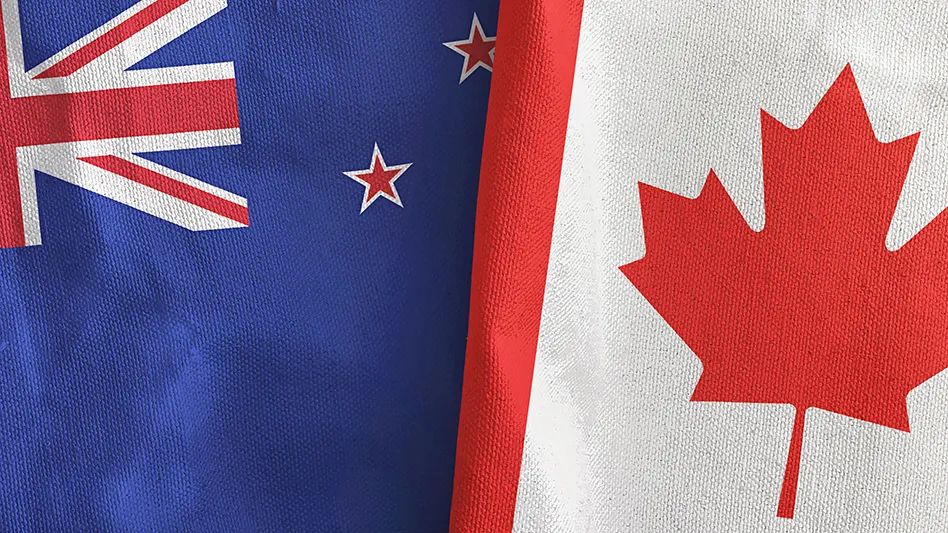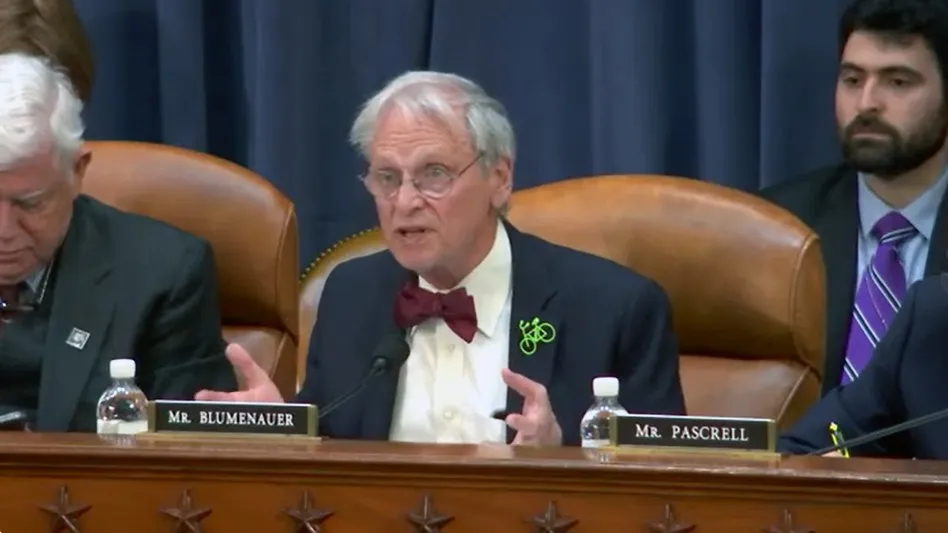
Adobe Stock
While the intentions of the Agricultural Improvement Act of 2018 (the 2018 Farm Bill) “seemed clear,” the proliferation of intoxicating hemp products now needs to be addressed, 21 attorneys general assert in a letter to U.S. lawmakers.
The letter (below), signed by a bipartisan group of law enforcement officials from 20 states and Washington, D.C., was sent March 20 to the chairs and ranking members of the U.S. Senate and House agriculture committees, urging that they include language to define hemp more tightly in the next Farm Bill. The attorneys general also asked that lawmakers affirm states’ authority to ban or regulate hemp-derived products containing delta-8 THC and other intoxicants.
“The Agricultural Improvement Act of 2018 seemed clear at the time in its intentions—reintroducing industrial hemp as an agricultural commodity, while maintaining existing federal prohibitions on cannabis products and their use,” they wrote. “Nevertheless, bad actors have exploited the 2018 Farm Bill’s definition of hemp, its protection of derivatives of that plant, and a wrongly perceived federal pre-emption against state-level regulation of these products.”
The letter comes as the committees work on a five-year reauthorization of the Farm Bill, which lawmakers hope to pass before the end of 2024.
RELATED: 2023 Farm Bill Passage Could Face 1-Year Delay, According to Key US Senator
The Farm Bill, which was first adopted in 1933 as part of the New Deal, is renewed roughly every five years to regularly address the nation’s current agricultural and food policies through a variety of programs. While the industrial hemp provisions included in the 2018 Farm Bill legitimized the U.S. hemp industry through legalization and regulation beyond state pilot programs, the 530-page bill extended well beyond hemp.
But with certain psychoactive hemp-derived cannabinoid sales in the U.S. taking off in recent years, state officials and industry associations have increasingly put pressure on federal lawmakers to reverse this “unintended” market boom.
“Regardless of your committees’ intentions, the reality is that this law has unleashed on our states a flood of products that are nothing less than a more potent form of cannabis, often in candy form that is made attractive to youth and children—with staggering levels of potency, no regulation, no oversight, and a limited capability for our offices to rein them in,” the attorneys general wrote.
The letter was co-led by Arkansas Attorney General Tim Griffin and Indiana Attorney General Todd Rokita, who were joined by their peers from California, Colorado, Connecticut, D.C., Georgia, Hawaii, Iowa, Kansas, Maryland, Minnesota, Missouri, North Carolina, North Dakota, Oregon, Pennsylvania, South Dakota, Tennessee, Virginia and Washington.
These states—red and blue—represent a mix of policies on the cannabis legalization spectrum, including 10 jurisdictions with adult-use access, five with medical-only cannabis access, and six states where cannabis prohibition for both medical and adult-use cannabis still exists.
In Arkansas, where voters legalized medical cannabis in 2016, Griffin said easy access to unregulated products containing hemp-derived intoxicants that often use “enticing packaging” has increasingly led to seizures, unconsciousness and other medical emergencies for minors.
“Arkansas has banned delta THC products, but inconsistent court interpretations of certain provisions within the federal Farm Bill have led to challenges in Arkansas and many other states across the country,” he said in a press release March 20. “Meanwhile, these harmful products are available in convenience stores with no age restrictions for purchasing them. They’re often packaged to look like candy or mimic popular snack-food brands, so of course they are getting into the hands of children.”
Related: Hemp-Derived Delta-9 THC: What’s Next?
Specifically, the 2018 Farm Bill defines hemp as a cannabis plant with no more than 0.3% delta-9 THC (the main intoxicating compound in cannabis) on a “dry-weight” basis.
However, the bill is silent on delta-8 THC, another intoxicating compound that is found in low concentration but can be chemically synthesized into higher concentrations from naturally occurring CBD, the main nonintoxicating compound in cannabis.
“The result that has been seen is excessively potent products that are manufactured under fewer controls than in states that have legalized cannabis,” the attorneys general wrote. “Because of the ambiguity created by the 2018 Farm Bill, a massive gray market worth an estimated $28 billion has exploded, forcing cannabis-equivalent products into our economies regardless of states’ intentions to legalize cannabis use, and dangerously undermining regulations and consumer protections in states where adult-use legal cannabis programs are already in place.”
As such, the attorneys general are calling on leaders in the House and Senate agriculture committees—Sens. Debbie Stabenow, D-Mich., and John Boozman, R-Ark., and Reps. Glenn Thompson, R-Pa., and David Scott, D-Ga.—to clarify hemp’s definition in the Farm Bill’s forthcoming reauthorization and to include amendments so there “is no federal hemp intoxicants loophole.”
Furthermore, the attorneys general said the Farm Bill’s intention to create an agricultural commodity market for American’s farmers has failed.
“Instead, hemp-derived intoxicants have proliferated across our states, posing a significant threat to public health and safety, and benefiting unregulated, untaxed, and unaccountable market actors,” they wrote. “It is our duty to protect our states and communities, yet the federal law lacks the clarity needed to act vigorously on their behalf.”
Latest from Cannabis Business Times
- Cannabis Rescheduling: Where Do We Go From Here?
- Verano Opens MÜV Haines City, Company’s 75th Florida Dispensary
- Ascend Wellness Holdings Reports $142.4M Net Revenue for Q1 2024
- Trulieve Reports $298M in Revenue for 1st Quarter 2024
- SNDL Reports 1st Quarter 2024 Financial, Operational Results
- Leading Cannabis Brand STIIIZY Expands Retail Presence With Fresno Location Opening Saturday, May 11
- The Cannabist Co. Reports 1st Quarter 2024 Results
- Green Thumb Reports $276M Revenue for 1st Quarter 2024
